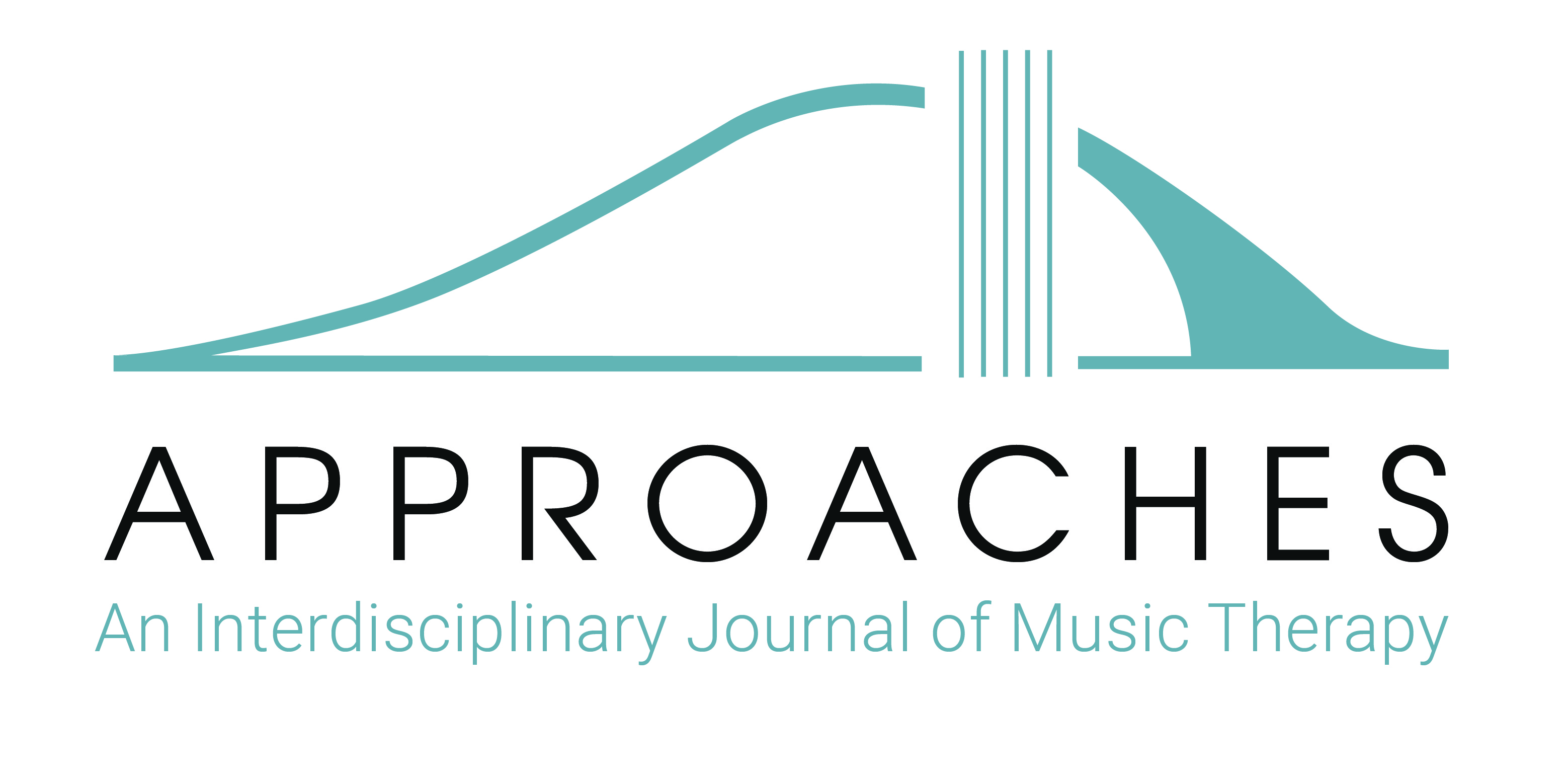Volume 3 (1) 2011 – Article
Reading the Music and Understanding the Therapeutic Process: Documentation, Analysis and Interpretation of Improvisational Music Therapy
Deborah Parker
Abstract
This article is concerned primarily with the challenges of presenting clinical material from improvisational music therapy. My aim is to propose a model for the transcription of music therapy material, or “musicotherapeutic objects” (comparable to Bion’s “psychoanalytic objects”), which preserves the integrated “gestalt” of the musical experience as far as possible, whilst also supporting detailed analysis and interpretation. Unwilling to resort to use of visual documentation, but aware that many important indicators in music therapy are non-sounding, I propose a richly annotated score, where traditional music notation is integrated with graphic and verbal additions, in order to document non-sounding events. This model is illustrated within the context of a clinical case with a high functioning autistic woman. The four transcriptions, together with the original audio tracks, present significant moments during the course of music therapy, attesting to the development of the dyadic relationship, with reference to John Bowlby’s concept of a “secure base” as the most appropriate dynamic environment for therapy.
Keywords: music therapy transcription, secure base, musicotherapeutic objects, forms of vitality
Biography
Deborah Parker (BA in music from York University, Cello Diploma from Freiburg-im-Breisgau, Music Therapy Diploma from Assisi) lives in Tuscany, Italy and has twenty years of experience as a concert artist and music education specialist. Together with Henry Brown she runs a community music project (www.primamateria.it), as didactic director and coordinator of music therapy. Her clinical work, in collaboration with local health services, covers a wide client population from paediatric neurology to psychiatry. She is currently completing an MA in music therapy at Anglia Ruskin University, Cambridge, UK.
Email: deb.henry@primamateria.it
Appendix
Click the following links to listen to the audio excerpts mentioned in the article: Intrapersonal Dialogue, Differentiation, Song as defence, E-motion; theme and counterpoint.
